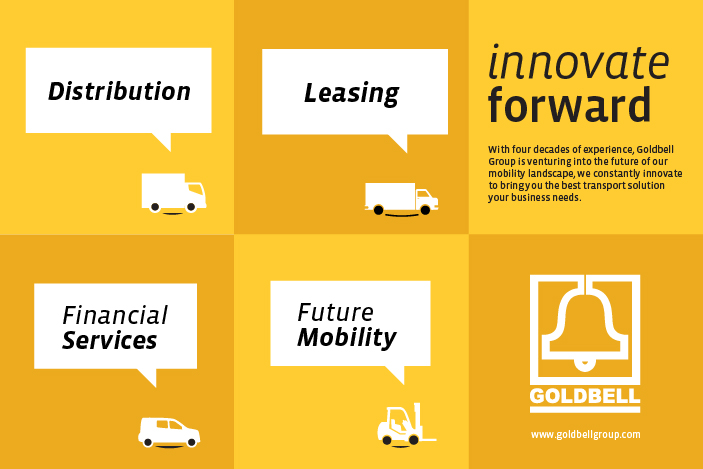IN THE great technological push past disruption and aided by innovation, how will a compliant society like Singapore be able to identify talent?
“Will there be new ways of measuring geniuses?” asks Training Vision Institute‘s CEO, David Kwee (above right in photo).
“It may no longer be by their academic results. But, how do you establish yardsticks and new measures?”
As a key foundation for society’s growth, education is being forced to evaluate and evolve to remain relevant in dynamic times. Kwee has been involved in the industry for decades and has been reframing his business to change with the needs of society.
TVI was established by Kwee in 1991 and offers adult education and training for all, delivering programmes built around the government’s lifelong learning policies. The previous emphasis on getting a degree has been nudged aside as new areas of study are evolving where education has yet to catch up.
“You can’t just react. Too many things we do are reactive,” Kwee observes.
“It sounds good as a tactic, but we have to think deeper and respond in a strategic manner.”
The arrival of Prof Kirpal Singh (above left in photo) from SMU as Chief Academic Officer will see the expansion of TVI’s capabilities to become more relevant to market needs.
Article Follows…
The Shape Of Future Education
As he watches the education system undergo significant changes to keep up with disruptive innovations, Kwee remains convinced that educational institutions will not be obliterated.
“But, how will they remodel themselves with multiple careers and disruptive macroeconomics?” he wonders.
“I don’t think industries can respond isolated from education. Industries and businesses are too practical and pragmatic. They are stuck in the past and current, and cannot reinvent the future.
“Institutions, on the other hand, are good for researching into fields ahead of time, but after a while, they are caught up in that and fail to realise they are losing touch with reality.
“Theory and practice need to come together. That will keep industry from being complacent and too pragmatic, and keep academia from being too academic and elitist.”
You Might Also Like To Read:
Reverse Mentoring & The Need For A Social Media Presence
New Apprenticeships
Kwee believes the German Mittelstand model, built around kinship and fraternity, is a strong one to adopt and adapt.
“Apprenticeships, where education is anchored within organisations. would be a good direction to take. Industry universities and corporate universities would work in collaboration with academic universities,” he explains.
“The credentials will carry the academic university brand and the corporate university brand.”
For instance, a fintech graduate would have the degree backed up by an industry council comprising of members from Google, IBM and other organisations using that same kind of learning, and who would eventually hire and identify such talent.
Think Or Groupthink?
“In the past, jobs formed a person’s identity. You studied medicine, you became a doctor. In the future, the purpose of education should be different,” Kwee reckons.
He feels education is too structured and designed to contribute towards a collective end.
“in a compliant society that is centrally governed, your good people will groupthink and you get a false consensus, resulting in diminishing returns in key areas like creativity and innovation.
“Do we want our practical, pragmatic and compliant society to shape our future, or do you want our conscious and deliberate choices to define our future?” Kwee asks.























For theory and practice to work we need a complaining society so that it will keep the indusyry on their toes and not be complacent. I still thing crrativity is the way to go as it is on going unlike grades which is usually achieved years ago and the world does not stand still fir anyone.